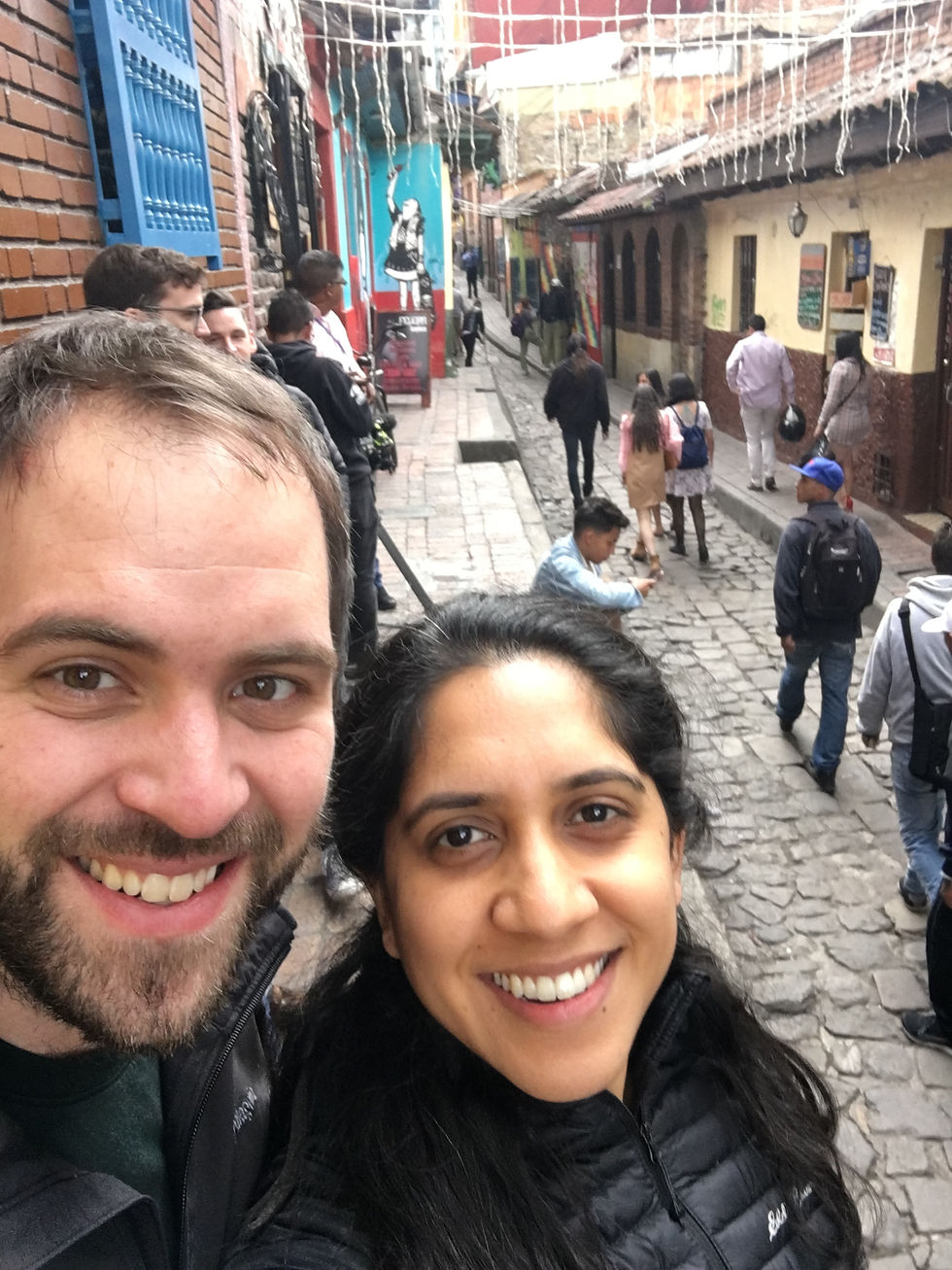- Attia Qureshi

- Feb 13, 2020
- 4 min read
What happens when people's egos get involved in a conversation? It blows up. It especially blows up when said conversation is via email. I hope everyone takes this piece of advice to heart: never, never have serious conversations via email/text. It is absolutely the worst form of communication because you can't convey intonation. If you read "Thank you." there are a lot of ways you could interpret it. The person may have typed it with a smile on their face, but you read it and are like... wait, a period? Are they pissed? How is a form of communication where the only emotion comes from a couple punctuation points going to effectively convey our meaning. I'm convinced it can't, unless you are a great author, which most of us aren't.
The reason I bring this up is because the situation exploded with the man managing our project. From what I've heard, he is usually very calm and rational. He has had a lot of stressful things on his plate. When I informed him that we had purchased tickets to leave, he absolutely lost it. The conversation got messy and emotional... on both sides. I'm not innocent in this situation. I was just as triggered as he was: "How dare you get mad at me for doing what I consider safe when you weren't willing to help." But. But. Just like I've taught in every session I've done in Colombia, everyone almost always has a contribution in any problem they are involved in. I probably spent the day triggered, with explosive thoughts whirling around in my head. It's a natural, normal reaction... the hard part is calming down and addressing the situation.
And I didn't want to do it. I wanted to remain righteous in my opinion and decision, and consider him absolutely wrong. But I'm pretty sure this is how most conflicts start and escalate. No one is willing to back down, and it builds and builds. I could have let that happen... it's likely we won't have to work together again, and this is a volunteer assignment. But I've also learned that the world is small, and grudges aren't worth it. Too many times in my life, I've needed someone who I absolutely didn't expect to interact with again.
So, I apologize. I send an email last night with my contribution to the problem. I acknowledge that I should have consulted him further before buying the flight. I acknowledge a lot of miscommunication that happened, and the fear that pushed me to buy the flight. I share my vulnerability, and acknowledge that we have done great work together so far, so let's not end in a hard way. Someone has to break the cycle, and usually, it ends up being you if you see the problem. It still grates on me a little, but I overall feel a lot better than I did all day yesterday. I know I did the right thing. He hasn't responded, so I'll keep you updated on what happens. I'm keeping my fingers crossed.

Onto my last conflict resolution session... it was with what they call an "afro-population." I think that's their terminology for what we in the US term African American. This was one of my toughest sessions, primarily because people weren't engaged. I actually conducted the session in their church, so the setting wasn't great, because everyone couldn't sit in a circle. They all listened, but fairly apathetically. It was also a much older group, which I was told adds to the apathy. No one is willing to pitch in to do the work, and people are generally disrespectful.

Today was more about implementing internal rules/guidelines for association members to follow. What I've realized is that a lot of people don't want to enforce rules, like if you miss 25% of meetings or don't pay your dues, you get kicked out. This is understandable, they all live hard lives so why make it harder. But it's dragging these associations down. When you're surrounded by unmotivated, disrespectful people and you see them getting away with it, it takes away all motivation. It will eventually sink the ship. It's so much better to cut off the deadweight, even if it's painful.

That's what I helped them see, and I hope they take it to heart, because they have a lot of deadweight. Luckily, they have a great woman leading them, who has energy and force. I distributed additional roles to people. One of the shocking things to me was that no one was willing to raise their hand to help contribute. I had to go one by one to every person and publically ask them to help: and I got 12 no's before someone said yes. Again, deadweight.
I'm going to recommend that they continue checking in with this association in particular, because I think they will need help cutting that deadweight.
It hasn't quite sunk in that we will be on our way home soon, and I completed my last session. I don't feel happy or victorious, but more sad by the way things have devolved. I hope things improve before we leave, as I'd really like to end on a good note.









